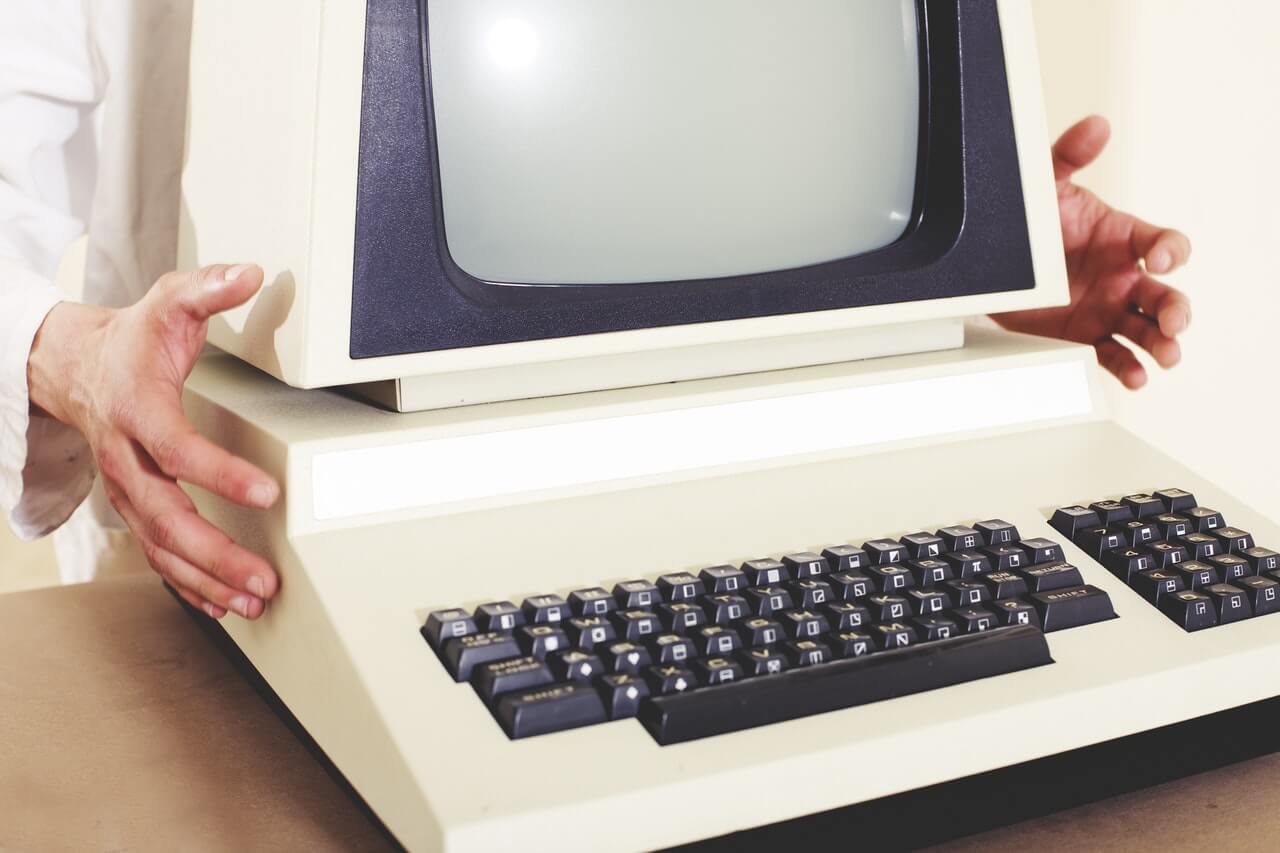If you’ve worked in technology, you’ve probably heard the term ‘Legacy System.’ However, do you actually understand or know what it means? To truly understand why it is important to modernize legacy systems, first, let’s explore what a legacy system is.
What is a legacy system?
A legacy system is simply another term for an outdated system. What this means is that a business may be using software or hardware that is outdated or no longer supported by the manufacturer.
Technology has advanced quickly over the years and there are always new models, versions and upgrades for both hardware and software being released at a steady pace. As a result, the longer a business remains with their legacy system, the more issues they may face in the long-run. A system that can no longer get the support it needs to continue running optimally is not in the best situation. This situation will put that system at risk for malfunctions, bugs, glitches and many other headaches.
Using a legacy system also puts a business at risk for performance and reliability issues. You can probably imagine how frustrating that would be to a business that needs to continue operating. This is especially important if that system is the primary tool to get day-to-day business functions done.
Choosing to remain with a legacy system, whether it’s because of business policies or politics within the workplace, will more than likely raise operating costs. In addition, more time and resources will need to be spent to work on maintaining the system.
As a result, to avoid these hardships, it is important that businesses realize the importance and need of modernizing their legacy systems.
Now, let’s discuss the reasons why.
Vulnerability and Threats
When a system is outdated and no longer being supported, that means the technology it uses is also outdated. This could be in the form of software or hardware. This can be a goldmine for hackers and other security threats because the outdated system will, more likely than not, have security holes. In addition, it will be easier to break into due to its vulnerability. If a business is housing sensitive information on their systems, the last thing anyone will want is a cyber attack. A cyber attack will threaten their business. Modernizing the legacy system will allow it to have updated security in place that can thwart such attacks.
Unreliability and Performance Issues
A legacy system will not perform optimally and will most likely be slow in performance with possible outages depending on how old it is. This is because it will be operating on outdated technology that is not able to keep up with current industry standards, thus causing performance and reliability issues. Modernizing the legacy system can easily boost its performance and reliability since it will be operating on the latest technology.
Scalability and Integrations
A hallmark of legacy systems is that they cannot be integrated with other applications or be built upon to expand. This means that there is a high risk that the business will be beat out by its competitors. Additionally, that business will stand to lose or fail to gain new customers. Technology is constantly changing, so it is important to change with it. It is also important to stay up to date with the market demand and business needs. Modernizing the legacy system will help solve scalability and integration issues. This is because it will likely be using software that is compatible with the systems that it needs to integrate and scale with.
Maintenance and Operating Costs
A legacy system requires a lot more maintenance the older it gets, just like a used car. This can increase operating costs for the business. Depending on the system, it may also require specialized resources such as an IT Professional or Programmer. That is because it is expensive to find someone who specializes in obsolete coding languages or information technology practices. These types of resources tend to be expensive because they are usually hard to find. Modernizing the legacy system can help eliminate these issues by lowering the business’ operating costs and optimizing the business’ processes and workflows.
Ways to Modernize a Legacy System
Now that we’ve discussed why it’s important to modernize a legacy system, let’s look at a few ways this can be accomplished. To lessen the impact of cost, there are some steps that can be taken. That is when a business decides to make this step. They include:
- Rewriting the application bit-by-bit while keeping the same workflows in place.
- Architecting important components of the application to follow latest industry standards in order to shift the application to the new architecture
- Migrating the application to a new platform that will help with boosting things like performance and reliability
- Replacing the application with a new one that has new business requirements to achieve current business goals and objectives.
As you can see, there are many reasons why a legacy system should be modernized. One of the most important reasons is so that a business can continue to operate optimally. As well as, to be able to meet their business needs. It’s also important that the business remains relevant and competitive in the market space. A modernized system will aid in this endeavor.
Ready to modernize your legacy system? Grata Engineering is here to support you every step of the way. Contact us today to get started on your journey to a more efficient and advanced system!

